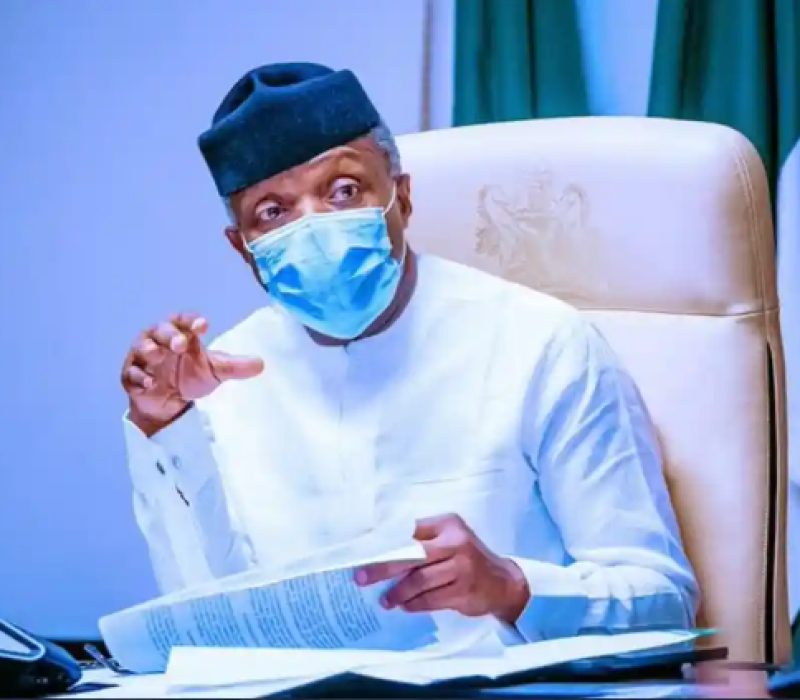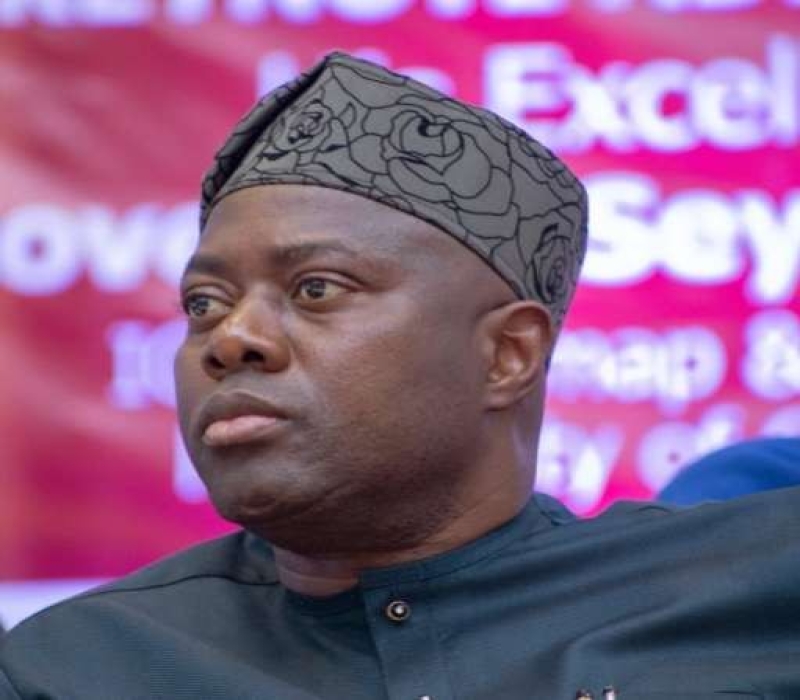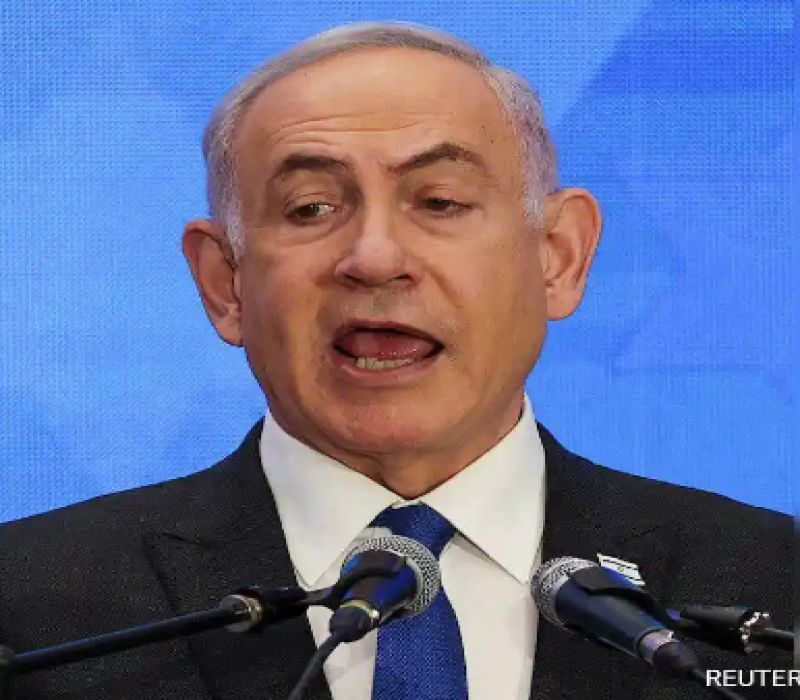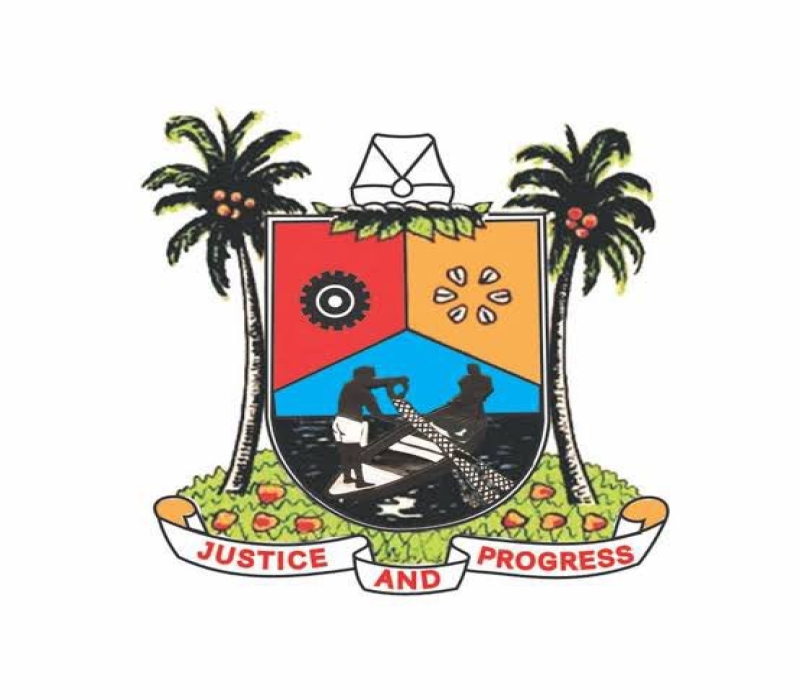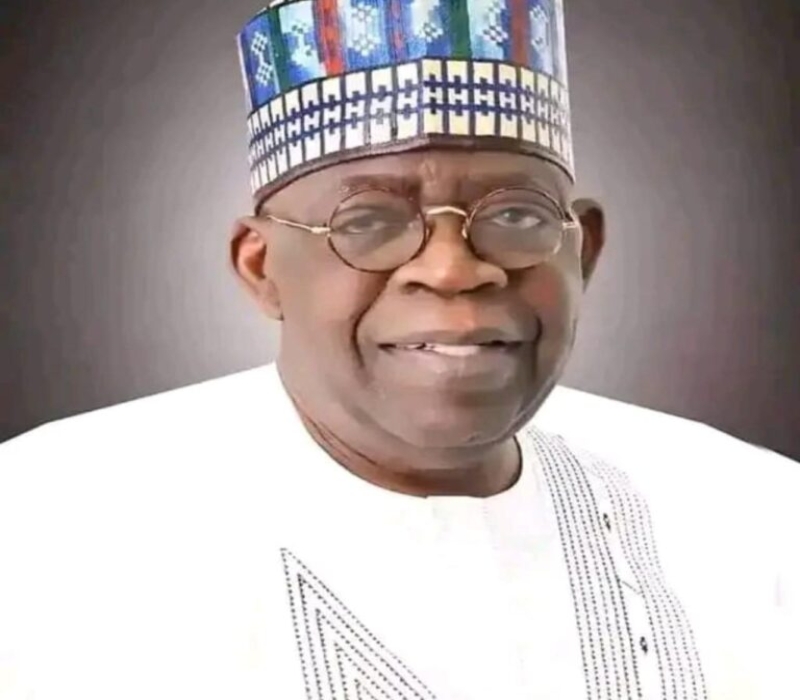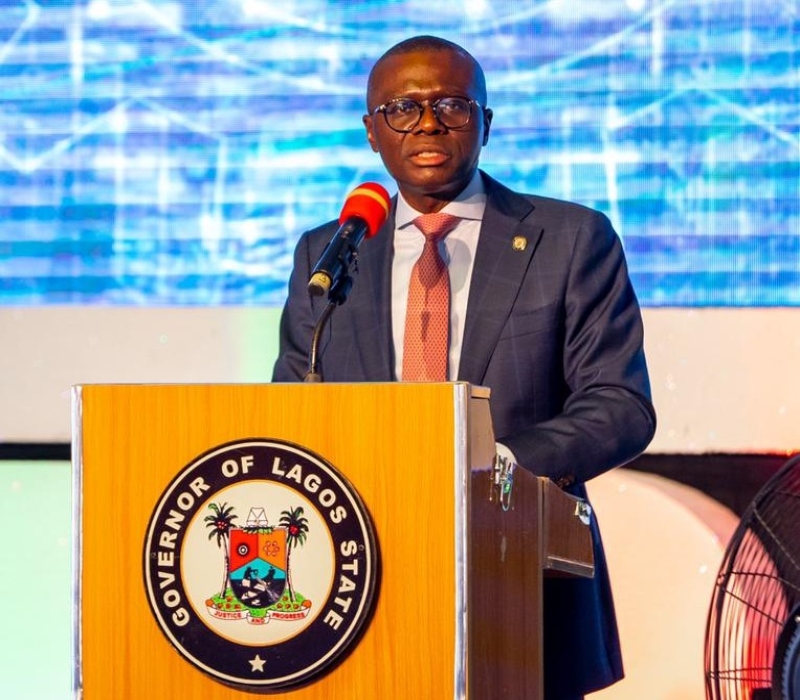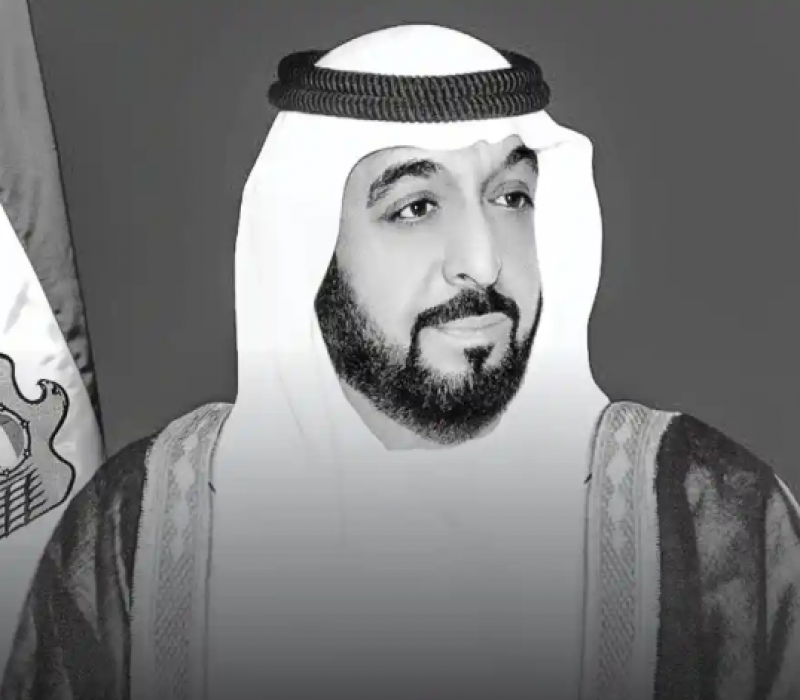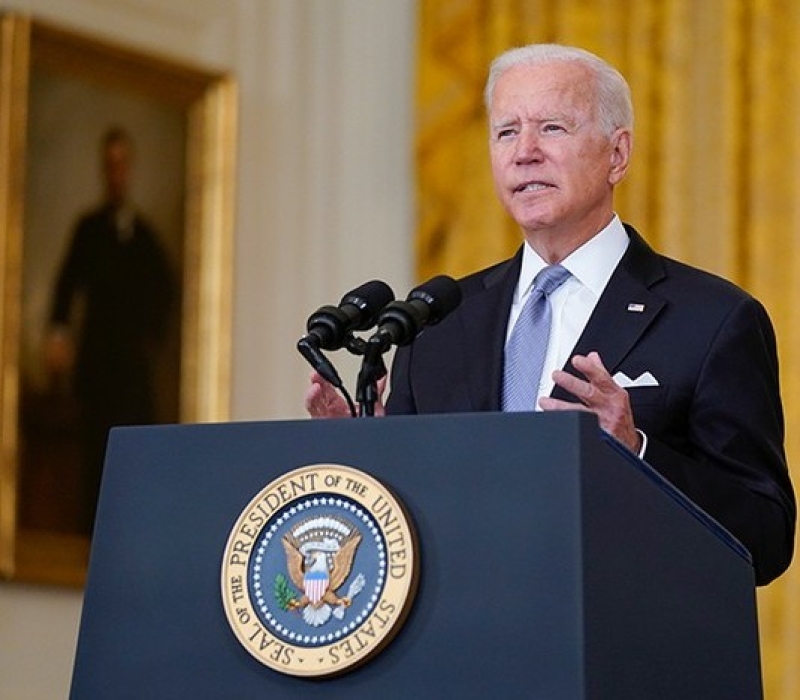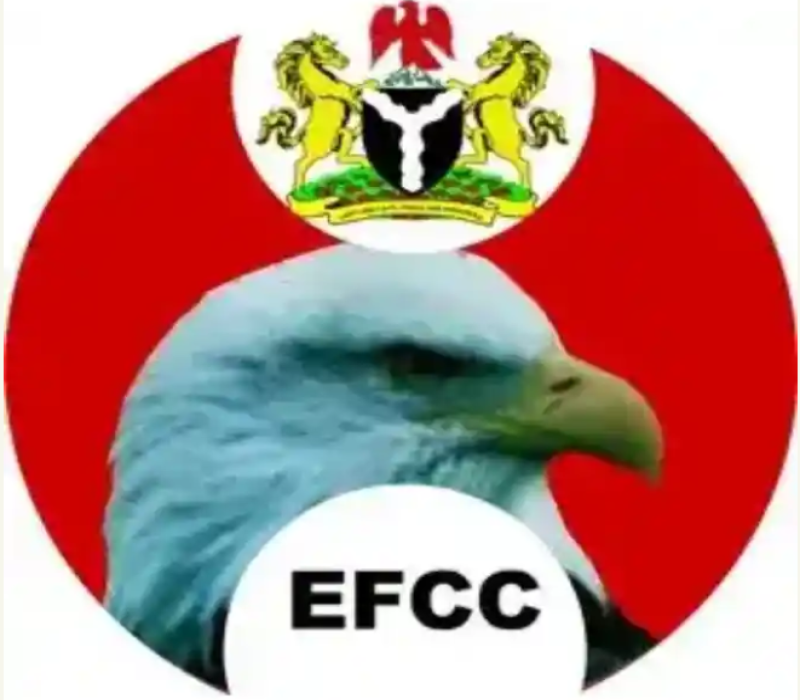Vice President Yemi Osinbajo (SAN) has said the population of Nigeria currently is 200million, increases by five million annually.
He stressed the importance of the national health insurance scheme to Nigeria’s development, saying that “without compulsory health insurance, we simply cannot bring together the resources that are required to provide decent healthcare for 200 million people, growing by five million every year… I think the game-changer is health insurance.”
Osinbajo stated this on Tuesday while rounding up his thoughts during an interaction at the closing of the 27th Nigerian Economic Summit in Abuja (NES #27) themed: “Securing Our Future, the Fierce Urgency of Now.”
On developing the health sector and government’s ongoing reforms, the vice president said, “We are at a point now with the healthcare reform committee, which I have the privilege of chairing, where we are looking at all these options. We are trying to see in what ways we can ensure that this will work.
“So, there are huge revolutionary changes that need to be made and I believe that they are entirely possible. And we are at a point where these things are accessible to us, with time we can do these things, I am certainly looking forward to some of the reforms that are possible,” he said.
Commenting the contributions of the private sector, the vice president said “the private sector in Nigeria (in terms of resilience and coping with challenges), has done very well, with what we have learned, even coping with the post-pandemic issues (business after the pandemic), the private sector has done well.”
“For example, transport went down 49 per cent, and now they are back with 77%. The construction sector went down by almost 40 per cent, and has returned to a much more modest positive,” Prof. Osinbajo explained.
The vice president said with the energy of the youth, the resilience of the private sector combined with governments implementing the right policies, Nigeria will make the desired progress despite the challenges in the economy.
Osinbajo, in a statement by his media aide, Laolu Akande, praised the strong will of the average Nigerian, adding that, “we can see that there is a will to do things, there is energy, resilience, resourcefulness. My take is that this country is one that is waiting to happen and it will happen. It will take all of our resources, and all of our effort to make it happen, and it will happen.”
He said, “We must focus on what this country offers in terms of all the resources that we have, human, natural and everything that we have – the will, the energy, the innovativeness of the Nigerian.
“This sort of country, a country with all that we have, can simply not fail, and it is only a matter of getting things right and moving a few things around, and we will be well on the way to the kind of progress that we ought to experience as a country.”
Osinbajo explained that despite the limitations caused by the COVID-19 pandemic among other challenges, the government was working hard to address defects in the system, and noted that recent results were indicative of recovery across different sectors of the economy.
His words, “I believe very strongly that all of the great ideas that we have, the young people waiting to unleash their energy and resourcefulness on the world, all of those are just waiting to happen.
“I believe very strongly that this country affords us the opportunity and the space to be able to achieve great things. We should keep our focus.”
He further noted that the Buhari administration was ramping up efforts in different sectors to improve development and the economy.
While urging state governments to do more, especially in the area of education, the VP stated that “we must emphasize Science, Technology, Engineering, Arts and Maths (STEAM). This is an area where a curriculum is being redeveloped to accommodate that.
“It is important to note that basic education – primary and secondary education are under the control of the states. The federal government does not handle primary or secondary education. Yes, we do have some unity schools, but these things are really the business of the states.”
Citing the work being done by the National Economic Council in developing the country’s human capital, the VP said, “at the level of the NEC, which I have the privilege of chairing, one of the things that we have tried to do with the whole human capital development space, we have a whole dashboard where we are looking at performances in the states.
